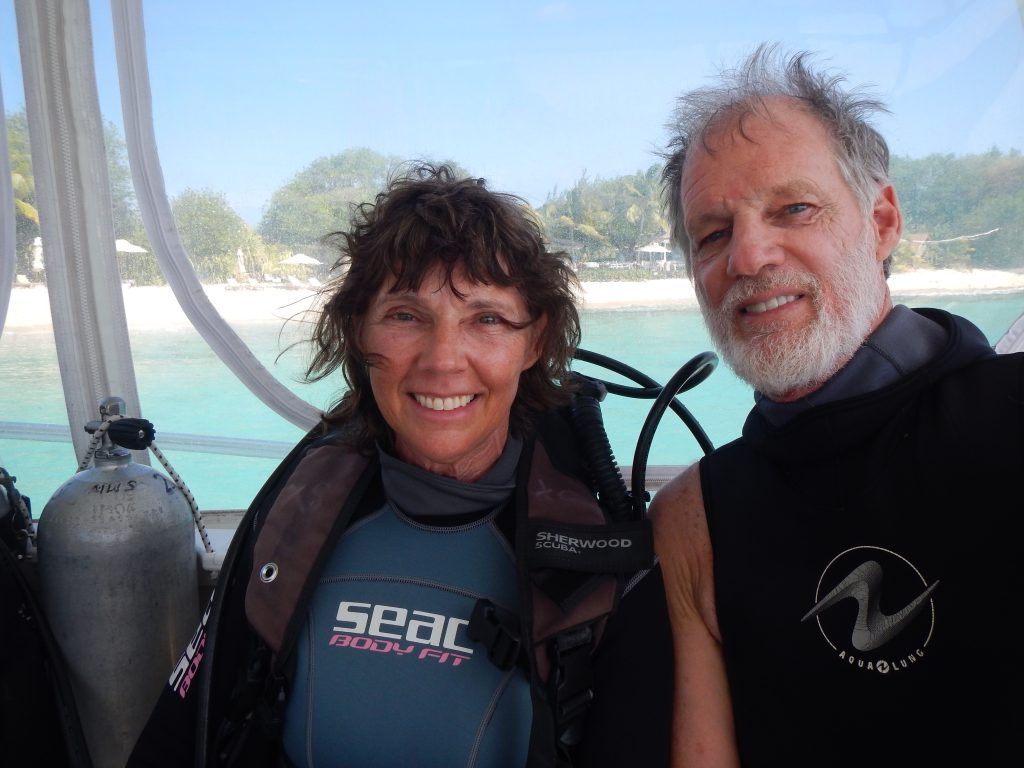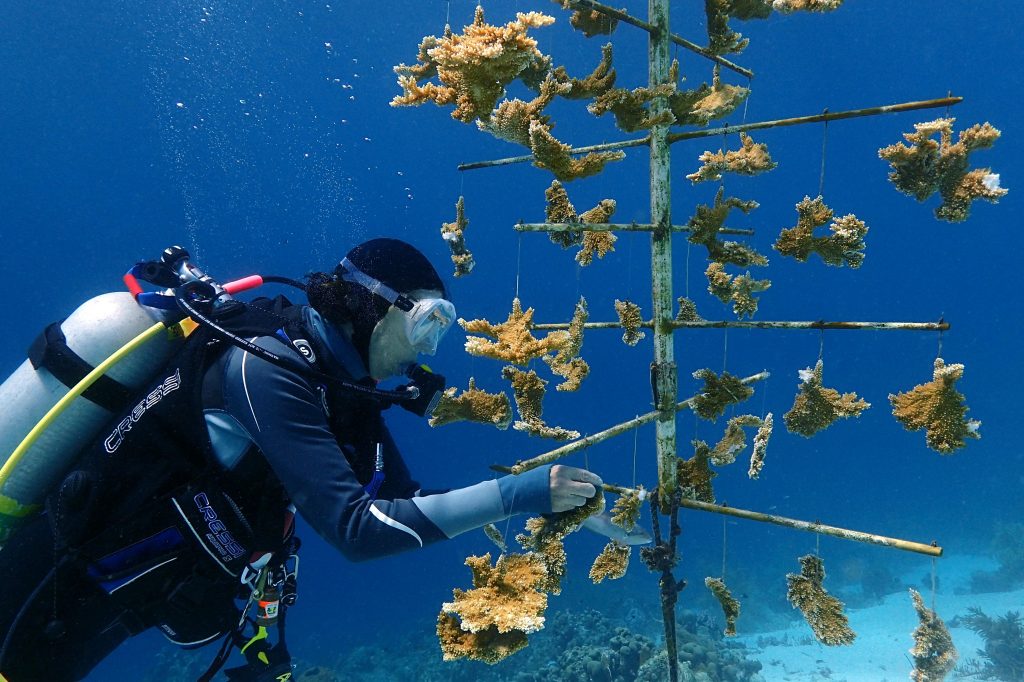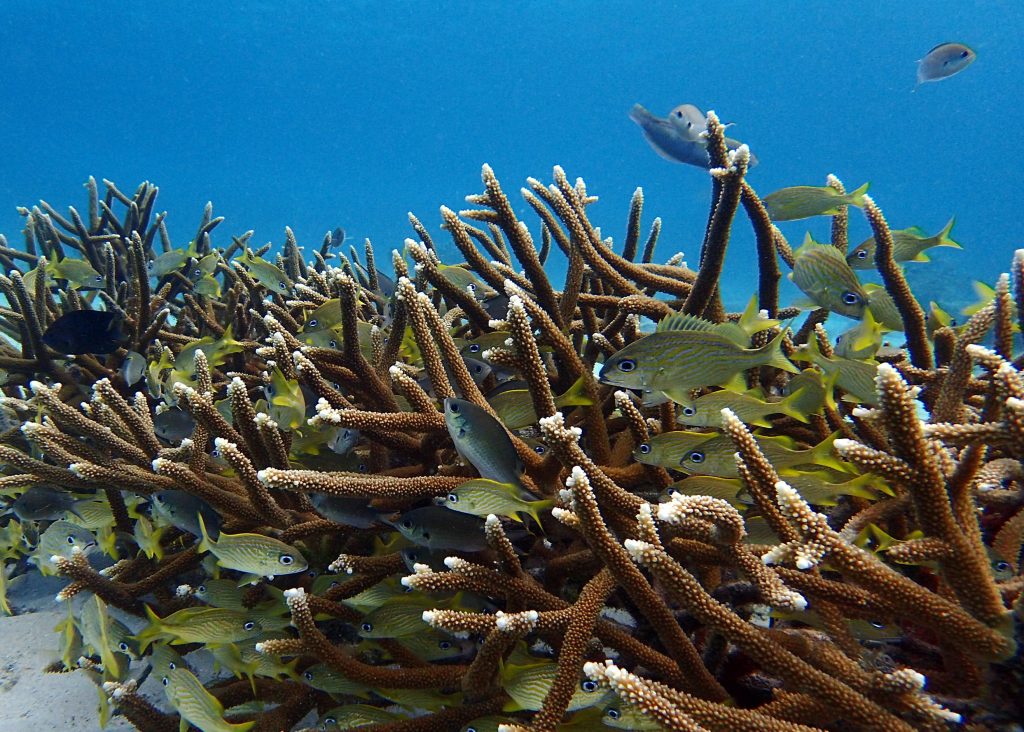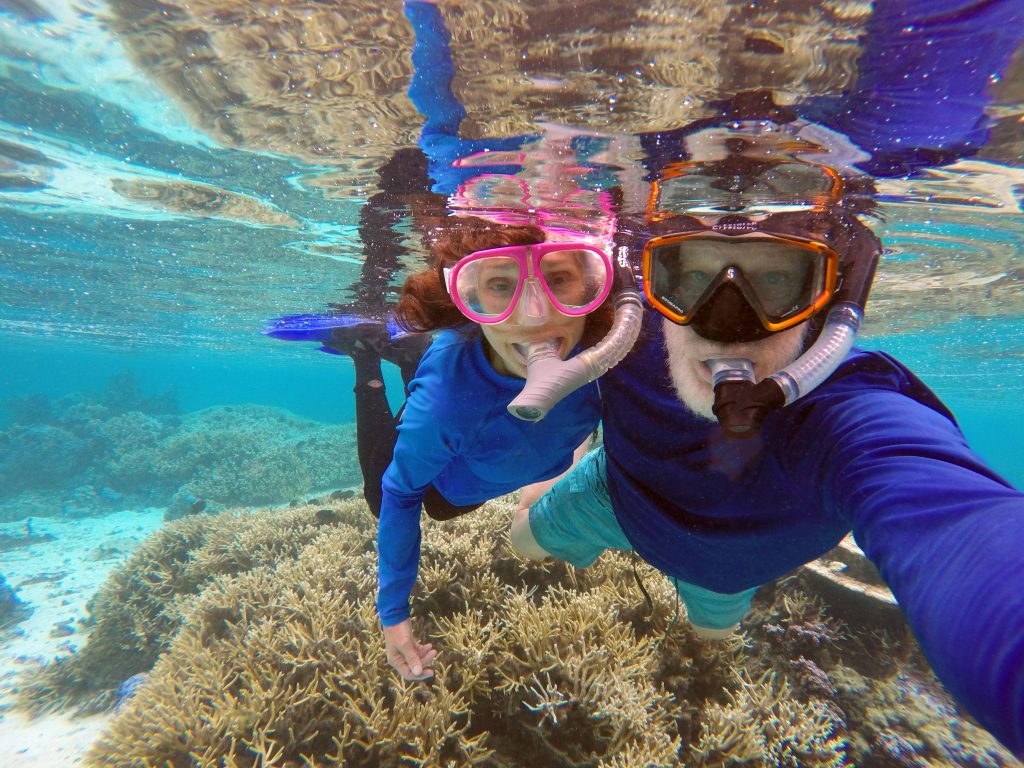
Like many of you, Francesca and I have been following the public health efforts to control the spread of the coronavirus disease (COVID-19), including hunkering down at home. Of course, similar sanctions have been put in place in many parts of the world, rallying the global community around the singular goal of stopping this global pandemic. Since today (April 22) is Earth Day, I was thinking how, in the midst of this eerie calm, the planet seems to be catching its breath. The water is clearer in Venice’s canals thanks to the untouched sediment. Air quality is better in China, and wildlife are flocking into areas normally flooded with tourists.
Of course, this is not the way I imagined we would move toward a cleaner planet. But it does show us just how fast we can turn things around when we work together.
I think the Earth is telling us that we have no more time to waste, and we all need to step up and do our part from university researchers to business owners to governmental agencies. Of course, it all starts with passionate individuals.
Ken and Denise Nedimyer are doing just that with their efforts to breathe life back to our dying coral reefs. It’s working, and in a big way. But what’s really impressive to me is how their global success was inspired by a simple love of the ocean.
A love for the sea from the start
Ken grew up on the shores of Florida. As soon as he could, he became certified to SCUBA dive and spent most of his time diving and learning all about the sea, eventually earning a Bachelor of Science degree in marine biology and building a tropical fish collecting and shipping business.
When he met a young nurse vacationing in the Florida Keys with a similar passion for the sea and diving, the rest, as they say, is history. Denise moved down to the Keys, where the two married and raised four daughters. Along the way, their mutual love of the ocean blossomed into purposeful work.
Thinking outside the box
Initially, the Nedimyers had planned to grow living corals to sell through their tropical fish collecting and shipping business in the Florida Keys. But before they ever sold their first coral, they had a change of heart. Instead, they used the coral to replant the local reefs.
Their efforts were so successful that they soon created the Coral Restoration Foundation, a non-profit company that has since grown into the largest coral reef restoration company in the world.
Ken is truly an innovative thinker. Early on, he developed a new method to grow corals faster than they could replant them. It was a game-changer. Eager to share it with others, he published all the details in a scientific paper nearly 10 years ago.
Today, Ken’s method is the most popular coral nursery technique in the world.

Soon, the Nedimyers were traveling throughout the Caribbean to set up offshore coral nurseries and train people how to grow their corals and use them to restore their local reefs. But they knew they could do even more.
A passion to do even more
In late 2017, the Nedimyers left the Coral Restoration Foundation to form Reef Renewal Foundation International where they work to develop new and innovative techniques for actively protecting, preserving, and restoring coral reefs so that others can be trained and inspired to take action for their reefs.

Ken has become increasingly concerned about the accelerating worldwide decline of coral reefs. “We need to take more drastic steps to both preserve genetic diversity and accelerate the process of natural selection,” he explains. To do this, they are developing a carefully planned selective breeding program for some of the key reef building coral species.
Ken and Denise have now set up coral nurseries in over 12 countries around the world. They continue to work in the Florida Keys, where they are developing nursery and restoration techniques for 15 new species of coral, as well as developing a living gene bank.
Ken spent much of last year looking for and collecting samples from corals that have exhibited resistance to heat, cold and disease. They are now culturing those corals in their Keys nurseries for future selective breeding program.

The amazing things we can do together
It’s easy to see that the Nedimyers’ passion to restore the coral reefs runs deep. If this is a passion of yours, as it is mine, I encourage you to join them and contribute to their efforts. You can learn more at their website Reef Renewal Foundation International or Facebook page.
According to the African proverb, “When spider webs unite, they can tie up a lion.” Just imagine the amazing things that we can do, when we do it together.
Stay healthy and safe and be good to the planet we all call home.
Cheers,

P.S. Don’t forget to subscribe to our RSS feed and have blog posts delivered right to your inbox.
